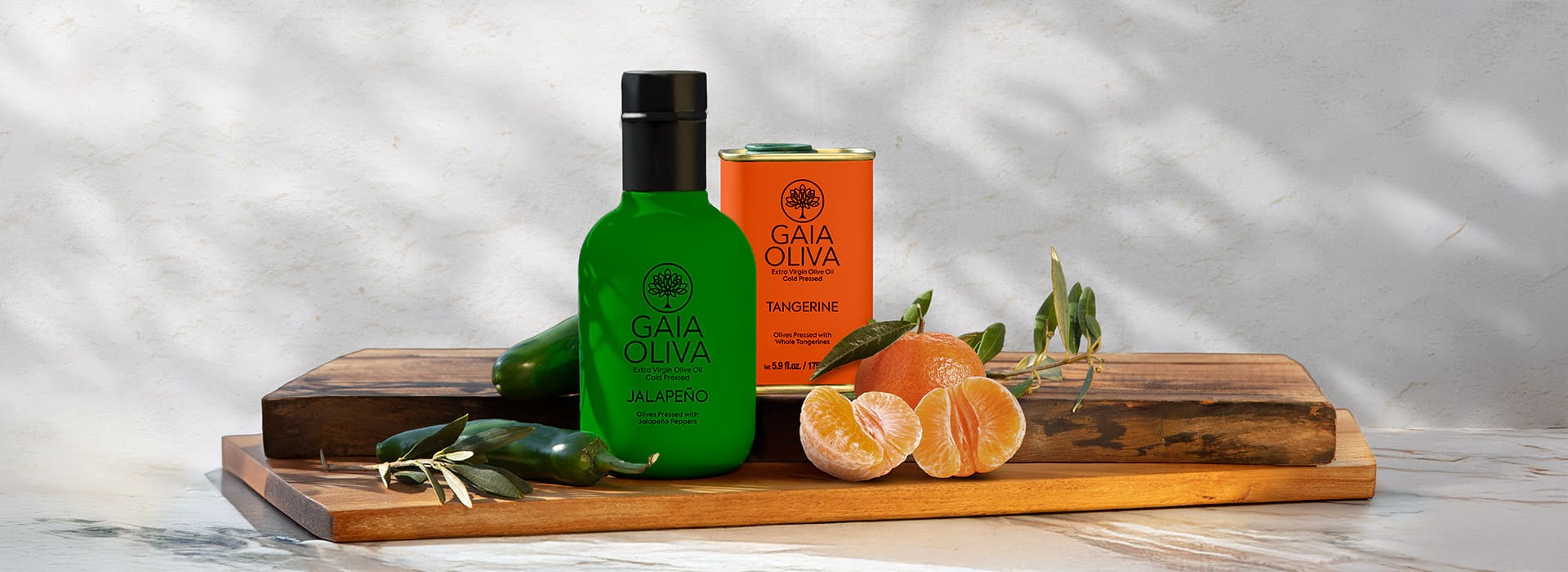BEYOND A TREE: FASCINATING FACTS ABOUT THE OLIVE TREE
Olive trees, with a history that stretches back centuries, are far more than just trees—they're living treasures, storing valuable knowledge within their branches. From their healing properties to their remarkable resilience, and from their historical significance to their symbolic meanings, these trees are full of fascinating stories waiting to be uncovered. Join us as we unfold the intriguing facts about olive trees and deepen our appreciation for their timeless, priceless value.

OLIVE: FRUIT OR VEGETABLE?
Our journey into the world of olive trees begins by clearing up a common misconception. Many people wonder, “Is an olive a fruit or a vegetable?” It’s a question that often causes confusion, as we tend to think the taste of a food determines its category. But that’s not true. Whether something is a fruit or a vegetable depends on the part of the plant it comes from.
Fruits develop from the flowering part of a plant, while vegetables can come from any other part—such as the leaves, roots, stems, or even the skin. So, by this definition, olives are a fruit—a wonderfully nutritious one, too.
With that question settled, let’s move on to even more fascinating facts about the olive tree.
A TREE THAT LIVES FOR CENTURIES
Have you ever wondered how long an olive tree can live? You might guess 30, 50, or even 100 years, but those numbers pale in comparison to the olive tree’s true lifespan. Often referred to as the “immortal tree,” olive trees can live an average of 500 years, depending on their care and climate. In fact, with the right conditions, some olive trees can thrive for over 1,000 years, standing strong in all their glory. It’s no surprise they’re called immortal!

A TREASURE PROTECTED BY LAW
With its incredible lifespan, the olive tree stands as a symbol of endurance and longevity. Throughout history, any attempt to cut its life short was often met with harsh penalties.
According to legend, Roman general Lucius Cornelius Sulla ordered the destruction of all olive trees to supply materials for warfare. In response, the powerful Ancient Greek statesman Solon enacted a law to protect this precious resource by planting more olive trees and limiting their removal. The law allowed no more than two trees to be cut from an olive grove per year, with strict penalties for violators. This is recognized as the first known law dedicated to the protection of olive trees.
A SACRED GIFT
Now that we’ve uncovered the world’s first law protecting olive trees, let’s continue exploring the rich history of these trees in Ancient Greece.
In Greek mythology, three divine gifts are considered essential to Greek life: grain, wine, and olives. Grain is the gift of Demeter, the goddess of harvest; wine comes from Dionysus, the god of wine and festivity; and olives, symbolizing peace and wisdom, were bestowed by the goddess Athena. According to the myth, the olive tree itself was a sacred gift from Athena to humanity. Ancient sculptures and artworks frequently depict Athena holding an olive branch, further cementing its symbolic significance in Greek culture.

THE SYMBOL OF PEACE
As we touched on Athena’s olive branch, let’s explore how this simple gesture came to represent peace throughout history. The legend of Athens’ naming tells us that the city was named after the goddess Athena, who won the honor through a contest. "How?" you ask. Let’s dive into the tale.
In the myth, Zeus called for a competition to determine the patron of the newly founded city. Poseidon, god of the seas, offered a powerful horse as a gift, while Athena presented a humble olive tree. The olive tree was seen as more valuable for its lasting benefits—nourishment, wood, and oil—thus, Athena won, and the city was named after her.
Angered by his defeat, Poseidon’s fury subsided when Athena offered him an olive branch, a gesture that became the symbol of peace. This simple act gave rise to the phrase 'extending an olive branch,' now recognized worldwide as a symbol of reconciliation.
A SYMBOL OF STRENGTH AND POWER
Yet, the olive tree’s significance extends beyond peace. It also represents strength and endurance. In Greek mythology, Heracles (Hercules) endured tremendous challenges in his pursuit of immortality. After completing his legendary labors, exhausted and weakened, he longed for death. Athena, however, restored his strength by offering him olive oil, a symbol of life and vitality.
In ancient Greece, athletes in the Olympic Games would rub olive oil on their bodies to enhance their strength and keep their muscles supple—a tradition still alive in Turkish oil wrestling today, including at Kırkpınar.

ESSENTIAL FOR YOUR TABLE—AND YOUR SKIN
Olive oil has been a beauty secret for centuries. Archaeological evidence shows that as early as 3000 B.C., olive oil was not only used as food but also in skincare. Ancient cultures made ointments, perfumes, and cleansers from olives. They would apply the oil to cleanse dirt and impurities from their bodies. Travelers even used it as a soothing balm to prevent foot sores.
Olive oil’s nourishing properties were prized in the ancient world, just as they are today. Wealthy individuals, in particular, would apply olive oil after bathing to moisturize and soften their skin.
At Gaia Oliva, we’re deeply aware of the olive tree’s rich legacy. We continue the tradition by carefully cultivating our trees, harvesting the fruit with great care to ensure the trees remain unharmed. With this commitment, we bring you Gaia Oliva’s olive oils and natural skincare products, preserving the richness and purity that have been treasured for millennia.











Leave a comment